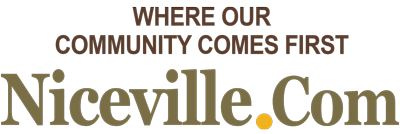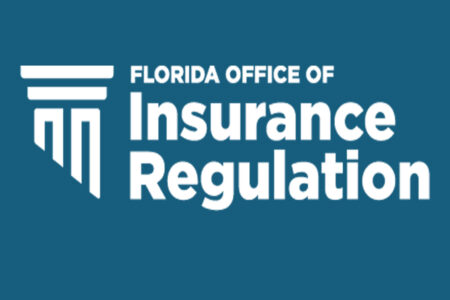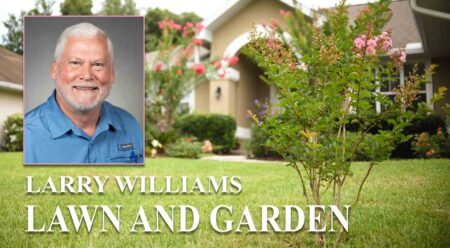FLORIDA — As a boy, I remember our St. Augustinegrass lawn. I fondly remember winter annual weeds in that lawn.
Many of these so-called “weeds” are native wildflowers. And a number of pollinators use these wildflowers.
Clumps of winter annuals in our yard and neighbors’ yards were a natural part of the transition from winter to spring. They added interest to the lawn.
It was expected to see henbit with its square, stiff stems holding up a display of small pinkish purple flowers in late winter to early spring. A clump of henbit was a great place to hide an Easter egg, especially a pink or purple one.
Wild geranium, with its pink to purple flowers, offered another good hiding place for eggs. Large clumps of annual chickweed would nicely hide whole eggs. Green-colored eggs would blend with the chickweed’s green leaves.
Crimson clover with reddish flowers, hop clover, and black medic with bright yellow flowers provided good hiding places for Easter eggs. Plus, clovers add nitrogen back to our soil.
The lawn was healthy and thick enough to limit summer weeds. But during fall and winter, as the lawn would naturally thin and go dormant, these winter annuals would run their course.
I remember the clean smell of freshly mowed grass in spring with the first mowing. Once mowed and as the heat took its toll, these winter annuals were gone by late April or mid-May.
What was left was a green lawn to help cool the landscape as the weather warmed. The lawn was mowed high as St. Augustine should be, watered only occasionally during dry periods, played on, and typically not worried with.
Most lawns have winter annuals that let us know spring is near. Perhaps we worry too much about these seasonal, temporary plants, which may have wrongly been labeled as weeds.
Besides, how long have we been battling with them, and they are still here?
Most lawns have winter annual seeds that await the cooler temperatures and shorter days of early winter to begin yet another generation.
By May, they are gone.
Today is Easter Sunday and the last day of March 2024. For those who joined the 2024 No Mow March campaign, holding off mowing until the calendar flips to April and allowing pollinators to enjoy these common winter annuals, you may resume regular mowing beginning tomorrow.
Larry Williams is the Extension Horticulture Agent with the Okaloosa County Cooperative Extension Service, University of Florida. You can contact Larry at 689-5850 or email lwilliams@myokaloosa.com.
FOLLOW US ON FACEBOOK






